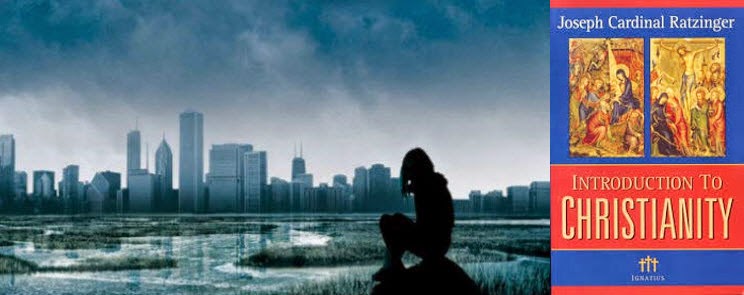About a month ago I had a movie-watching experience which inspired extensive philosophical reflections that lasted for days! The movie was Divergent. I kind of stumbled upon it on a night when I was not planning to go to the movies, so I wasn't sure what to expect. I had seen the previews and it sort of reminded of The Hunger Games, so I was intrigued enough to invest time and money for what I thought would be some frivolous entertainment. Little did I know that within a few hours, this movie would help ignite some rather intense reflections around the concept of identity.
The theme of identity is rather important in Divergent. The story is set in a futuristic, dystopian vision of Chicago, where people are divided in factions based on the human values that most define them as individuals. The factions each have a certain function that they must perform in this society, a function that becomes like a mould for them from which they can never really break free. From the very start I was struck by this concept. The mere thought of imposing a certain type of life and responsibility on a person based on their personality isn't that far-fetched for our twenty-first century western society, which already excels at labelling and classifying people based on things like their personality type or their values.
What fascinated me the most in Divergent was the struggle of the main character: Beatrice Prior, a member of a faction known as Abnegation. She wants to fit in, but at the same time knows that she can’t. It soon becomes clear that the reason she doesn't “belong” is that she has the potential to be with any of the factions because she possesses values from each one of them. In any other society, this ability to integrate different values and skills into one’s life might be considered a blessing and a strength. In the dystopian society of this movie, people like Beatrice are hidden, oppressed and almost forgotten. They are the Divergent.
This rather simple premise should be evidence enough that this is a movie for teenagers, who perennially feel that they do not fit in anywhere. In the end, though, the movie became much more than a simplistic story for me. It was a genuine reflection on how we label ourselves and each other; and how we sometimes dangerously cling to our notion of identity. As I briefly contemplated this – during the movie no less! – a line popped into my head from the book I had been reading just before the movie began, An Introduction to Christianity, by Pope Emeritus Benedict XVI:
[Christians], in professing the Creed … take a leap over [their] own shadow to the meaning that bears them up, their actions … show them up as a divided being, pitiful in greatness, yes still great while pitiful.This “leaping over one’s own shadow” business seemed to characterize the plight of Beatrice perfectly, but it also sent me into deep meditation. Two hours later I walked out of the theater, my head buzzing with questions. One in particular really stood out: does the identity I recognize in myself help me or hinder me in life? When Benedict speaks of the leap over one’s shadow, does he mean to say that I should try to transcend my notions of identity in order to be more in tune with my brothers and sisters around me?
There are too many answers to this question for one blog, but one sentiment stays with me. As my good friend Fr. Bill Clarke, S.J. often says, “God loves you just the way you are.” When we experience a conversion, our sense of identity doesn't have to change. We remain who we are. Perhaps what changes is that we don’t cling as tightly to our sense of identity anymore. We’re open to being a different person in the eyes of God, in order to love others more deeply. Indeed, I believe that my walk of faith has changed how I understand myself and continues to challenge my notions of identity every day. As we continue to prepare ourselves to receive the Risen Lord in our hearts, let us all learn to be less attached to an image of who we are and more open to who God is calling us to be.


No comments:
Post a Comment